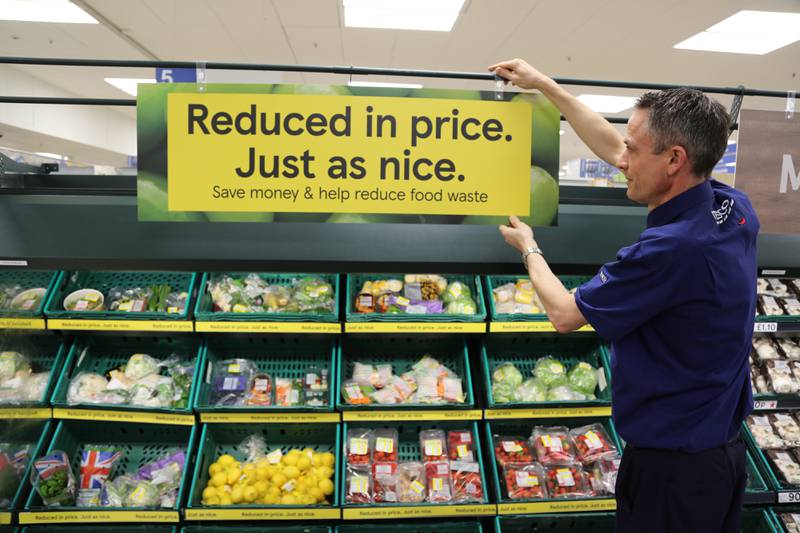UK shop inflation eases to 18-month low

In the UK, the inflation rate in shops has dropped to its lowest in over a year and a half. Prices in January were only 2.9% higher compared to last year, the smallest increase since May 2022. This change comes as good news, especially after recent reports showed a surprising rise in overall UK inflation. Despite this positive trend, there are concerns that increases in the living wage and business costs might slow down further reductions in inflation. Supermarkets and big retailers like Next, Marks & Spencer, and Primark reported strong sales over the festive season. However, Britons are still being careful with their spending, often choosing discount stores and making more meals at home.
Renault pulls plug on electric car IPO due to low demand

Renault has decided not to go ahead with the initial public offering (IPO) of its electric vehicle (EV) business, named Ampere, citing weak market interest and a tough environment for listings. The company had hoped to value Ampere at up to €10 billion. Renault's decision comes despite its improved cash situation, which means it no longer needs the extra funds from the IPO. This move also reflects a broader trend of cooling demand for electric vehicles and challenges in the European IPO market. Renault CEO Luca de Meo mentioned that the company is flexible enough to continue its projects without needing to sell shares. They are also discussing future plans with partners like Nissan and Mitsubishi, and exploring collaborations with other carmakers for EV development.
BOE eyes risks in burgeoning private credit market

The Bank of England (BOE) is keeping a close eye on the growing private credit market, now worth $1.6 trillion, for potential risks to the financial system. Lee Foulger from the BOE highlighted concerns at a finance conference in London, noting that the sector faces challenges due to geopolitical issues, slower economic growth, and tighter financing conditions. While private credit has seen low default rates so far, the increase in company debts and complex transactions like 'amend-and-extend' refinancing and pay-in-kind bonds could lead to future defaults. The BOE is wary of the market's interconnectedness and lack of transparency, fearing unexpected losses could spread quickly to other areas. They are scrutinizing aspects like debt refinancing, valuations, and risk management in this sector.


